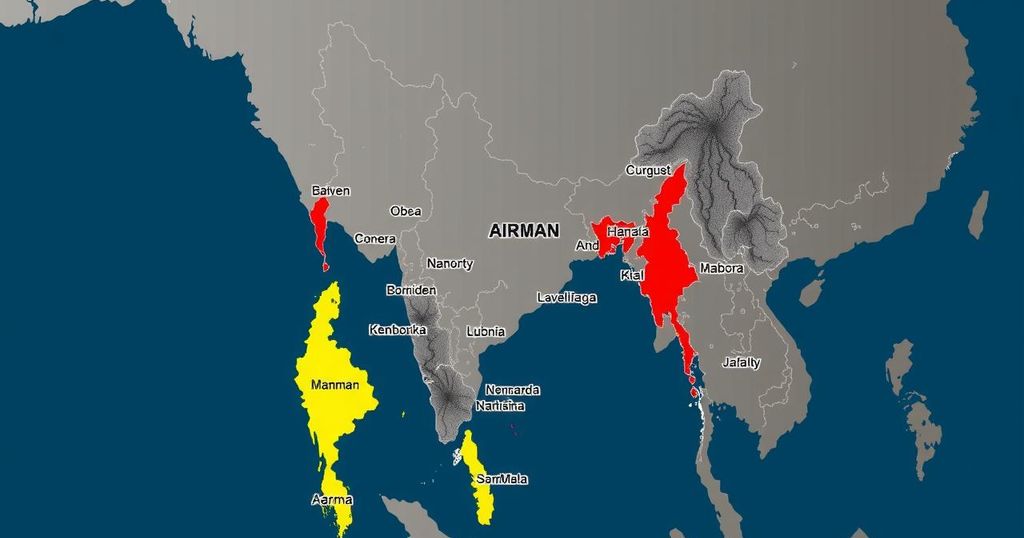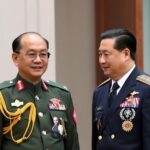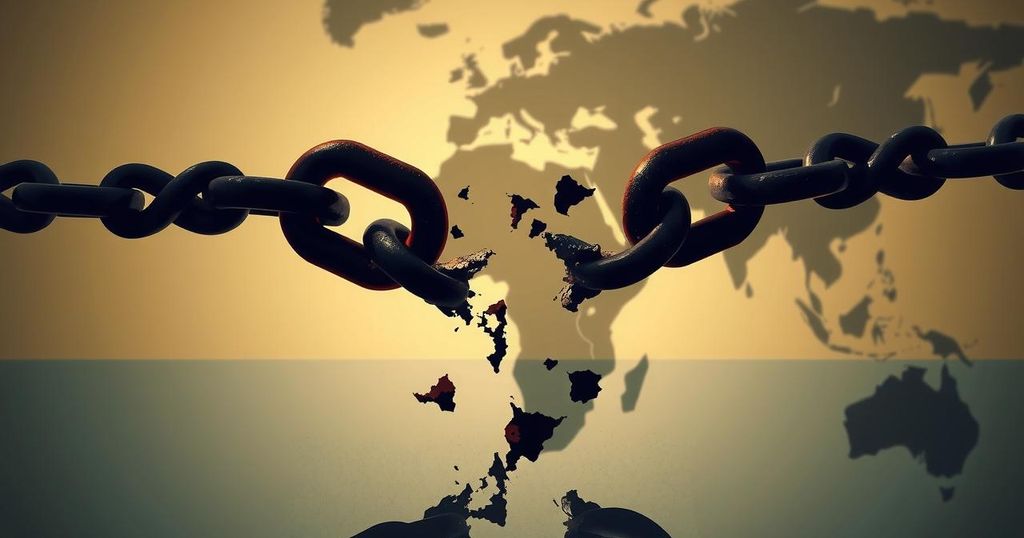Politics
ADAM SIMPSON, ASIA, AUNG SAN SUU KYI, AUSTRALIA, COMMUNIST PARTY OF BURMA, CUBA, EUROPE/ASIA, FOREIGN POLICY, GEOPOLITICS, INTERNATIONAL RELATIONS, INTERNATIONAL STUDIES, MIN AUNG HLAING, MNDAA, MYANMAR, MYANMAR NATIONAL DEMOCRATIC ALLIANCE ARMY, NAYPYITAW, NORTH AMERICA, OCEANIA, RUSSIA, SAN SUU KYI, SOUTH CHINA SEA DISPUTE, THAILAND, THREE BROTHERHOOD ALLIANCE, TRIBUNE, UNITED WA STATE ARMY, UNIVERSITY OF SOUTH, UNIVERSITY OF SOUTH AUSTRALIA
Omar El-Sharif
International Influence in Myanmar’s Civil War: The Roles of China and Russia
This article explores the international influence on Myanmar’s civil war, particularly focusing on the roles of China and Russia. China balances its support between the military junta and ethnic insurgents to protect its interests, while Russia has emerged as a reliable supplier of military hardware for the junta. As external powers shape the conflict, the successful resolution will depend significantly on engagements from both local and international actors, especially democratic nations.
As Myanmar’s military continues to face significant setbacks against opposition forces, a complex web of international influences is emerging. China remains the predominant power with extensive investments in Myanmar but walks a tightrope, supporting both the junta and various ethnic armed groups to ensure stability. Meanwhile, Russia has explicitly backed the junta, supplying military equipment and facilitating increased trade. Although countries like the ASEAN have made attempts to engage, their influence pales in comparison to the impact of these larger powers. The ongoing unrest appears to be a reflection of not only internal strife but also the diverse agendas of outside actors.
The ongoing civil conflict in Myanmar has garnered international attention, with external powers notably influencing the situation. Myanmar’s geopolitical landscape is primarily shaped by China and Russia, both of which have vested interests in the region. China, while historically entrenched in northern Myanmar, has faced challenges due to shifting power dynamics following the military coup in 2021. Russia’s relationship with the junta has blossomed amid global isolation as both nations seek to enhance military cooperation. The actions of these external actors not only reflect their strategic interests but also significantly impact the internal dynamics of Myanmar’s conflict.
The civil war in Myanmar reveals a complex interplay of local and international interests, with China and Russia actively shaping the conflict’s trajectory. As external powers engage with the military junta and opposition forces, they influence the prospects for peace and stability in Myanmar. To foster a democratic future, it is imperative that Western nations bolster support for opposition groups to counter the growing influence of authoritarian regimes. The resolution of the conflict ultimately rests within Myanmar; however, international dynamics will be crucial in determining its course.
Original Source: nagalandtribune.in








Post Comment